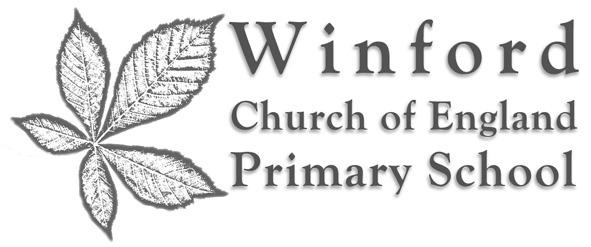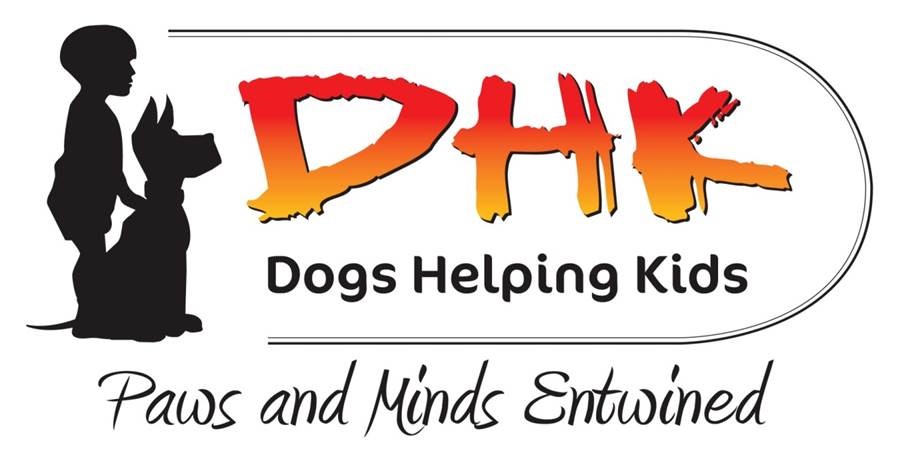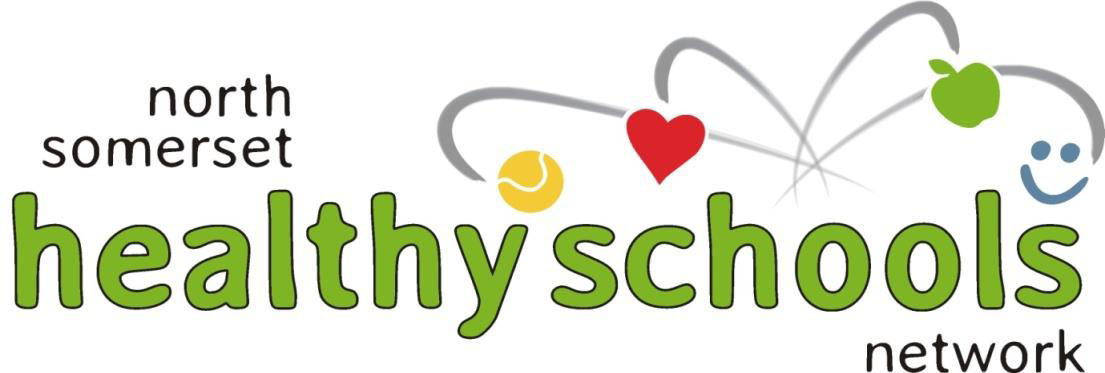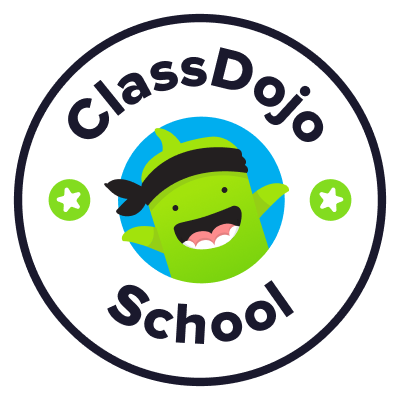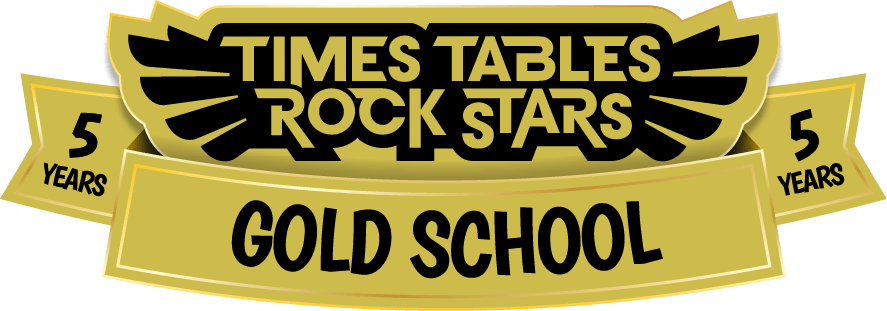English
English, communication and languages lie at the heart of our curriculum as it allows access to every other curriculum area.
Developing a solid use of language at an early age underpins children's achievement across the curriculum and lays the foundations for active involvement in cultural life, society, work and lifelong learning.
Link to Winford English Intent and Implementation
Phonics Scheme 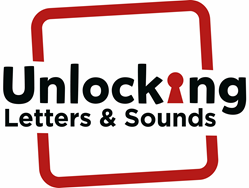
We use Unlocking Letters and Sounds which was validated by the DfE in December 2021. We begin teaching phonics in the first few weeks of term 1 in Reception and children make rapid progress in their reading journey. Children begin to learn the main sounds heard in the English Language and how they can be represented, as well as learning ‘Common Exception’ words for Phases 2, 3 and 4. They use these sounds to read and write simple words, captions and sentences. Children leave Reception being able to apply the phonemes taught within Phase 2, 3 and 4.
In Year 1 through Phase 5a, b and c, they learn any alternative spellings and pronunciations for the graphemes and additional Common Exception Words. By the end of Year 1 children will have mastered using phonics to decode and blend when reading and segment when spelling. In Year 1 all children are screened using the national Phonics Screening Check.
In Year 2, phonics continues to be revisited to ensure mastery of the phonetic code and any child who does not meet age related expectations will continue to receive support to close identified gaps.
For further details please see the Unlocking Letters and Sounds progression:
Unlocking Letters and Sounds Progression
Phase 2 Actions, Images and Handwriting
To ensure no child is left behind at any point in the progression, children are regularly assessed and supported to keep up through bespoke 1-1 interventions. These include GPC recognition and blending and segmenting interventions. The lowest attaining 20% of pupils are closely monitored to ensure these interventions have an impact.
Reading
Reading is taught through whole class work, discreet guided reading sessions both whole class and group. Children work through our reading scheme up through the levels until they have enough decoding and comprehension knowledge to become ‘free readers’. Our core reading scheme is based on phonetically decodable books from a number of suppliers to offer breadth and difference.
Our reading spine is designed using books – written by inspirational authors – which we value and want the children to have read by the time they leave primary education. The texts are purposefully selected to take the reader on a journey, from sharing picture books, to sharing a range of chapter books that gradually expose the reader to beautifully crafted storylines with evermore intriguing and challenging themes. Research shows that sharing quality narratives, which the children would not necessarily choose to read for themselves, develops not only a love of reading but improves vocabulary development and language skills, develops imagination and empathy, and enables children to learn about people, places and events outside of their own experience.
The Reading Curriculum at Winford School
Writing
Writing is taught by using high quality texts as an ignition to spark imagination and to make writing something that can be exciting and a pleasure.
English programmes of study: key stages 1 and 2
